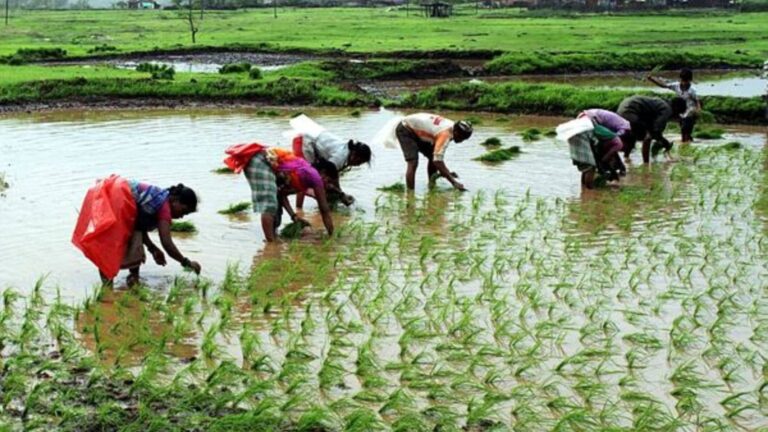
QU Dongyu, Director-General of the Food and Agriculture Organization of the United Nations (FAO), highlighted the pivotal role of nuclear technologies in ensuring food safety from the very beginning of the food production process. He emphasized the importance of controlling food safety from the soil, water, agricultural, and post-harvest practices. According to Qu, these technologies are essential tools for measuring, managing, and controlling food safety, complementing the One Health approach.
International Symposium on Food Safety and Control
Qu delivered these remarks via a video message at the “International Symposium on Food Safety and Control” in Vienna. The event, organized by FAO and the International Atomic Energy Agency (IAEA) through the Joint FAO/IAEA Centre of Nuclear Techniques in Food and Agriculture, aimed to underscore the significant role of nuclear techniques in food safety and agricultural productivity. The symposium, themed “Safe Food for a Better Life,” provides a platform for researchers, officials, and other stakeholders from around the world to exchange information and discuss advancements in this field.
FAO and IAEA: A Strategic Partnership
The Joint FAO/IAEA Centre was established in 1964 to enhance global food security and sustainable agricultural development through nuclear science and technologies. This collaboration is unique within the UN System, combining research and practical applications to tackle various food safety challenges. The centre conducts over 25 coordinated research projects annually, involving more than 400 international and national institutions. Additionally, it supports over 200 technical cooperation projects each year, transferring these technologies to member countries.
Addressing Global Food Safety Challenges
Nuclear technologies offer unique solutions to combat hunger, reduce malnutrition, enhance environmental sustainability, and ensure food safety and authenticity. The FAO and IAEA partnership has led to significant breakthroughs, such as the development of improved crop varieties, effective pest management strategies, and enhanced food safety protocols. These advancements are crucial in addressing the consequences of food and energy price spikes, natural and man-made disasters, the climate crisis, and ongoing conflicts that impact global food availability and affordability.
FAO’s Commitment to Food Safety
FAO is dedicated to collaborating with nuclear sciences and technologies to help member countries achieve better production, better nutrition, a better environment, and a better life for all. Ensuring food safety is a complex process that starts on the farm and ends with the consumer. FAO’s comprehensive approach to food safety, combined with its partnership with the World Health Organization (WHO), addresses a wide range of issues to protect consumer health.
The Joint FAO/WHO Codex Alimentarius
For the past 60 years, the joint FAO/WHO Codex Alimentarius has provided a platform for technical and policy consultation, establishing international benchmarks for food safety and consumer protection. While WHO focuses primarily on public health, FAO addresses food safety issues throughout the food production chain, ensuring a holistic approach to global food safety.
The International Symposium on Food Safety and Control marks a significant milestone in the ongoing collaboration between FAO and IAEA, showcasing the profound impact of nuclear technology on global food and agriculture. This partnership continues to play a critical role in enhancing food safety and security worldwide.






